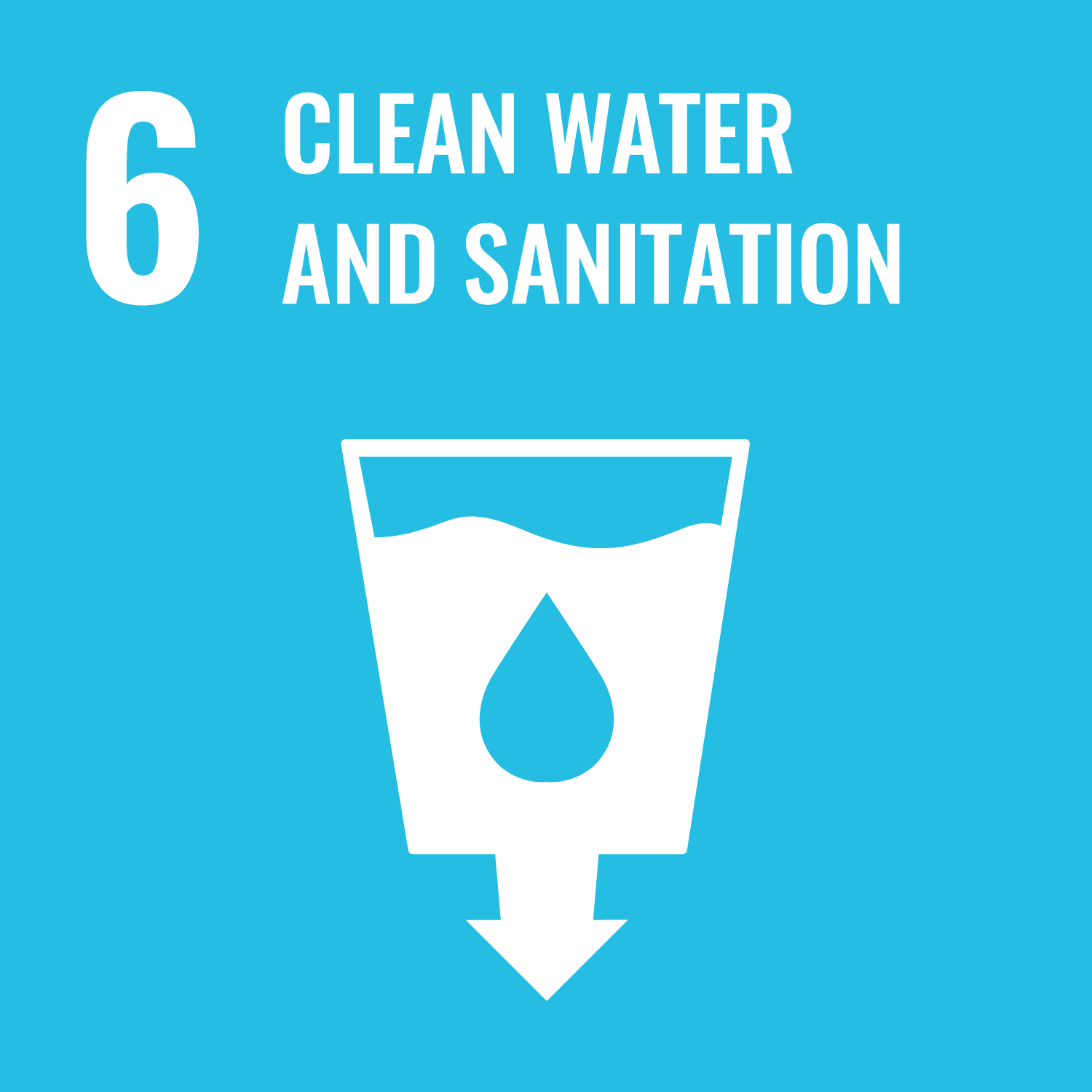ORCID
- Simon Jackson: 0000-0002-5475-7637
Abstract
Current methods for testing water for faecal contamination rely on the culture of faecal indicator bacteria (FIB; Escherichia coli and Enterococci) that take 24–48 h, which leads to delays in taking proactive measures and poses a risk to public health. More rapid methods are therefore required. Here, we have tested a rapid, portable assay (Bacterisk) that detects the bacterial biomarker endotoxin in 30 min to quantify the bacterial biomass present, to evaluate 159 coastal water samples and to compare the results with the traditional culture of FIB. There was a significant correlation between the Bacterisk data given in endotoxin risk (ER) units and FIB culture that could accurately distinguish between poor and sufficient or good quality bathing water using the EU bathing directive values. Receiver operating characteristic analysis was used to determine the optimal ER threshold for coastal water samples, and the area under the curve was 0.9176 with a p-value of,0.0001. The optimal threshold was 7,300 ER units with a sensitivity of 95.45% and a specificity of 83.48%. In conclusion, we have shown that the Bacterisk assay provides a rapid and easy-to-use in situ method to assess bathing water quality.
DOI Link
Publication Date
2024-06-01
Publication Title
Journal of Water and Health
Volume
22
Issue
6
ISSN
1477-8920
Acceptance Date
2024-05-06
Deposit Date
2024-10-08
Additional Links
Keywords
Bacterisk, bathing water quality, endotoxin, faecal indicator bacteria, public health, rapid method, Environmental Monitoring/methods, Risk Assessment, Biomarkers/analysis, Escherichia coli/isolation & purification, Water Quality, Endotoxins/analysis, Feces/microbiology, Seawater/microbiology, Water Microbiology, Bathing Beaches/standards
First Page
1044
Last Page
1052
Recommended Citation
Good, C., White, A., Brandao, J., & Jackson, S. (2024) 'Endotoxin, a novel biomarker for the rapid risk assessment of faecal contamination of coastal and transitional waters', Journal of Water and Health, 22(6), pp. 1044-1052. Available at: 10.2166/wh.2024.122




